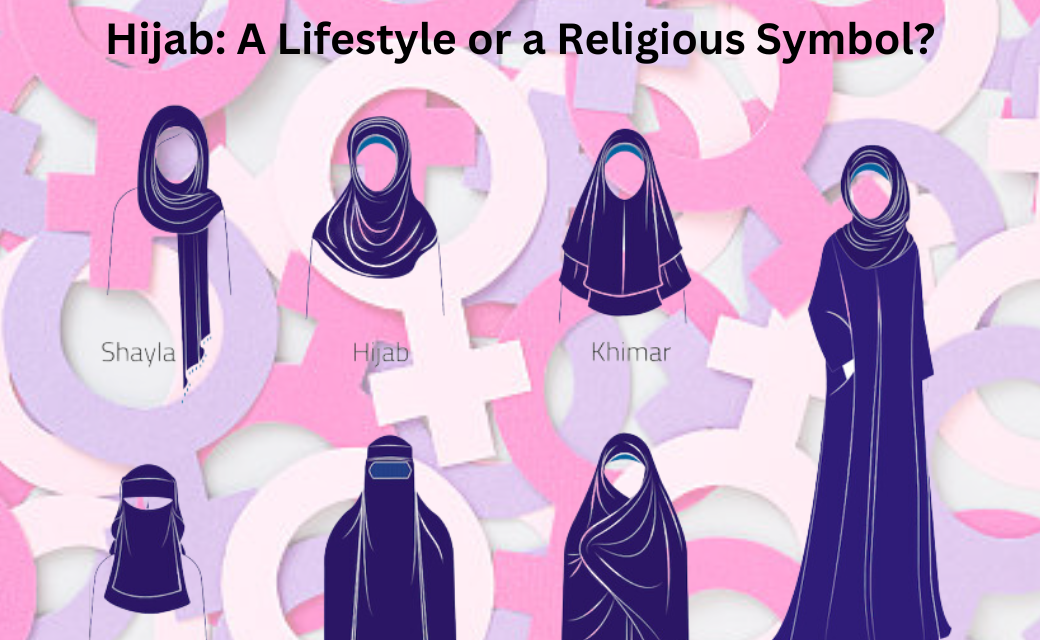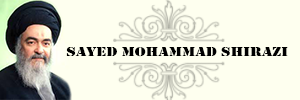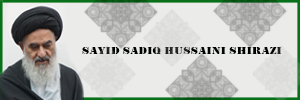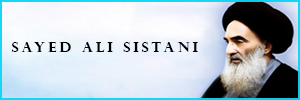Hijab: A Lifestyle or a Religious Symbol?
Some Muslim women wear a headscarf called a hijab as a mark of modesty, piety, or identity. But not all Muslim women wear the hijab. Also there are many women of other faiths who cover their hair with some kind of hair scarf due to their own beliefs and particular style of living, an instance of whom would be the Orthodox women. Indian members of Sikhism who follow the beliefs of a faith combining Hinduism and Islam are another group who cover their hair. Wearing the hijab is a lifestyle choice that should be recognized and safeguarded by all communities and should not be taken as a religious symbol.
Unfortunately, some countries have restricted or even banned the hijab in public spaces like courts, government buildings, and schools. Austria, Bosnia and Herzegovina, Canada, France, India, Kazakhstan, Kosovo, Kyrgyzstan, Russia, and Uzbekistan are a few of these countries. Some of these nations see the hijab as a representation of political resistance, religious fanaticism, or cultural diversity that imperils their secular principles, national identity, and sense of security. Some of these nations may have changed their hijab policies as a result of historical or existing hostilities or tensions with Muslim nations or groups. International human rights organizations, civil society organizations, and religious communities that oppose the hijab bans or limitations as abuses of freedom of expression put pressure on several of these nations.
Freemuslim, advocating for peace and harmonious coexistence amongst people of many religious and ethnic origins, thinks that nations should accept women’s right to clothing with a specific approach to dignity as a lifestyle choice. The wearing of a hijab is different from wearing a cross or other religious symbols that could suggest a particular affiliation or belief. One’s choice to wear a hijab is a reflection of their values, tastes, or identity. There are numerous variations of the hijab, thus nobody should be forced or restricted to wear a particular type. Freemuslim supports cultures in which living in harmony with one another is a society norm rather than a privilege.
We also implore nations to distinguish between regulations passed by Islamist and extremist organizations and women’s individual decisions to cover themselves. Some Islamist and extremist organizations have imposed stringent dress codes on women, such as the wearing of burqas or niqabs that cover the body and face. Some people frequently link certain types of veiling to terrorism, violence, or tyranny. However, neither of these types of veiling are connected to terrorism or extremism and do not either reflect the majority of Muslim women who wear the hijab or other modest apparel. We deplore all forms of coercion and violence committed against women in the guise of culture or religion.
By promoting discussion and understanding of the hijab issue, Freemuslim seeks to help more people recognize the variety and beauty of Muslim women’s expressions. We extend an invitation to everyone to participate in the initiative to foster mutual respect, tolerance, and harmony.
